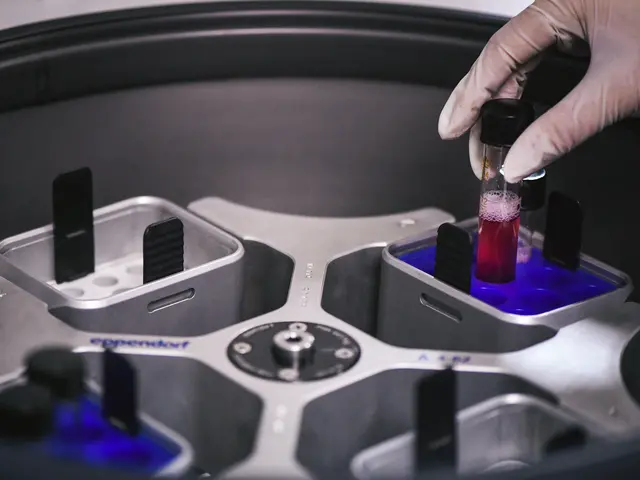The U.S. National Institute of Allergy and Infectious Diseases (NIAID) announced Monday that the four-year clinical trial of an investigational HIV vaccine regimen proved ineffective.
NIAID has stopped administration of vaccinations of HVTN 702 regimen in South Africa since an independent data and safety monitoring board found during an interim review that the regimen did not prevent HIV.
The study began in November 2016, enrolling about 5,400 HIV-negative volunteers that made it the largest and most advanced HIV vaccine clinical trial to take place in South Africa.
"We hoped this vaccine candidate would work. Regrettably, it does not," said NIAID Director Anthony Fauci in a statement.
The study volunteers were randomly assigned to receive either the investigational vaccine regimen or placebo injections. Study participants received six injections over 18 months.
In the Jan. 23 analysis, the board examined data from 2,694 volunteers who received the investigational vaccine regimen and 2,689 volunteers who received the placebo injection.
It examined how many participants were diagnosed with HIV after at least 60 percent of the participants had been in the study for more than 18 months. In this analysis, 129 HIV infections occurred among the vaccine recipients, and 123 HIV infections occurred among the placebo recipients.
The vaccine regimen consisted of two experimental vaccines: a canarypox vector-based vaccine called ALVAC-HIV and a two-component gp120 protein subunit vaccine with an adjuvant to enhance the body's immune response to the vaccine, according to the NIAID.
South Africa has one of the highest HIV rates in the world. According to UNAIDS, more than 20 percent of the adult population ages 15 to 49 in South Africa are living with HIV.
 简体中文
简体中文



